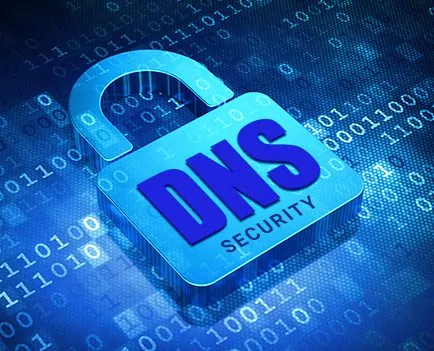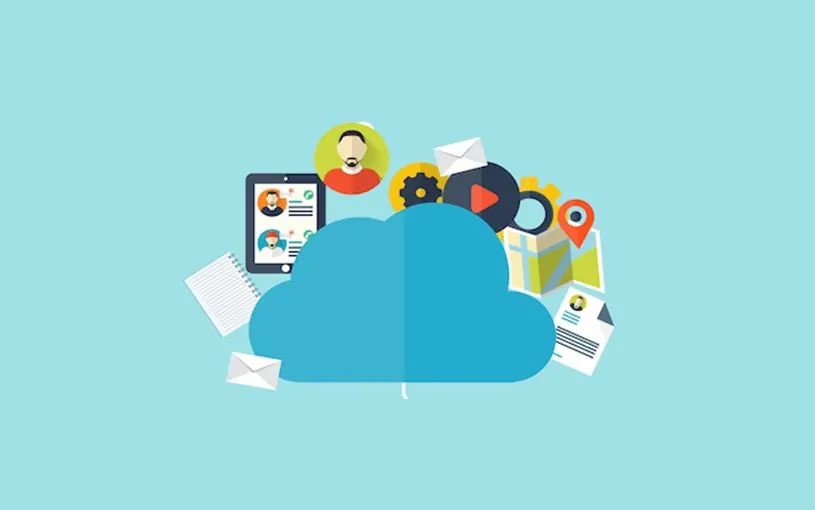As the owner of a business, one of the most important priorities you have is ensuring the protection of your customers’ data and private information. A significant portion of all cyber attacks targets small businesses because they are less likely to have high-level protections in place. When your customers are the target of an attack via your businesses vulnerabilities, it can cause financial damage and also damage to your brand and reputation that’s difficult to undo.
You have to know how to protect your customer data, and you have to proactively make sure you have the best protection in place at all times.
The following are things to know about keeping your customers’ information safe.
Table of Contents
Use DNS Security
DNS security is a way to protect your Domain Name System. The DNS is somewhat like a phonebook of IP addresses, and web browsers interact with IP addresses to load websites and online resources. The Domain Name System has become one of the prime targets for hackers in recent years, and 77% of businesses facing this kind of attacks have faced irreparable damage including loss of business and intellectual property theft.
When you use DNS security protections, it’s a layer of defense from internal and external threats, and it seals up one of the points of entry for hackers.
Additionally, consider using a secure network. This means you have a dedicated server only used by your employees and your business. This significantly reduces the risk that your customers’ information will be stolen.
Use Encryption
Using encryption is something that all small businesses should be doing if they are truly dedicated to customer privacy and security. Encryption means you scramble text so that it can’t be read by anyone other than authorized users. You can use encryption on files, folders, or anything on a computer. You can also use it on USB flash drives and things that are stored in the cloud.
Some businesses will encrypt only their sensitive information, while others will do entire hard drives. There are both built-in and third-party encryption programs available.
If customer information or other sensitive information is shared via email, it’s smart to use encryption there as well.
Don’t Collect or Store Information You Don’t Need
As a business, you should collect only the customer information you absolutely need. The more you collect, the more you store, and then the more vulnerabilities may exist. If you store a huge amount of customer data, you’re also going to be more appealing to cybercriminals. If you currently have the information you don’t need, think about deleting it altogether.
Be aware in 2018, the Data Breach Prevention and Compensation Act was passed by Congress, and that holds businesses accountable if there are future data breaches.
When you do collect information, have a clear, transparent, and robust privacy policy in place. Make your customers well aware of the steps you do to protect their data. Be aware of what it is you’re charged with protecting, and never underestimate the threat faced by even very small businesses.
It’s a good idea to regularly do inventories of the data you have. According to the Federal Trade Commission, you should keep the following in mind:
- Who is sending personal information to your business, and how do you receive it? For example, is it primarily through your website or through email?
- At every available entry point, what kind of information do you collect?
- Who has access to information or who could?
Train Employees
Your employees may be the ones primarily accessing and using customer data, and they need to be thoroughly trained, and that training should be regularly updated so they know best practices for keeping it safe. There are often new fraud techniques that pop up, and it’s your responsibility as a business owner to keep your employees ahead of these threats.
There’s a tendency at many companies to believe the role of data security and general IT security is only up to a few people, and that’s not the case.
Also, not everyone in your business needs to have access to some or all customer data. Access should be tightly controlled, because the fewer people that have access to data, the better.
Finally, ensure that you have multiple levels of security in place across the board. For example, along with encryption should always make sure software is updated to the latest versions and you should have firewalls in place when necessary. Never rely only on one form of security when it comes to customer data.





